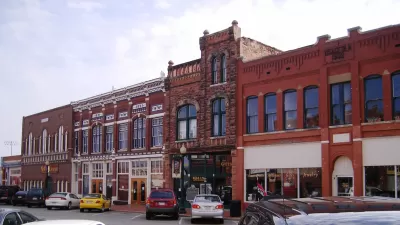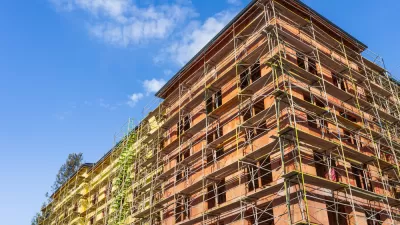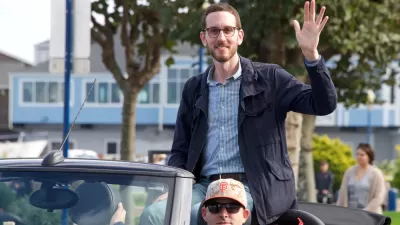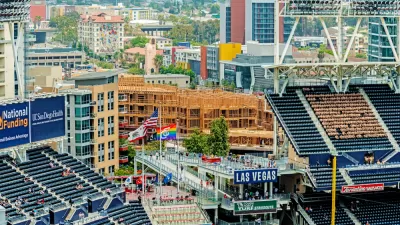Developers can be our friends, according to this article, as they have been before.

Emily Badger writes for The New York Times about the "arch-villain status" of developers, and how it came to be an assumed part of the narrative of cities. Merely invoking the name of developers can shut down civic debate, and that must change, according to the premise of the article, to bring down the cost of housing in expensive cities.
Badger writes:
The notion that development is inherently bad, or that developers are inherently bad actors, seems to ignore that the communities residents want to protect from developers were once developed, too, and often by people who made money at it. (That is, unless you believe in “immaculate construction.”)
While acknowledging that developers can be problematic (Robert Moses is mentioned specifically) and that more development is only one of many necessary solutions to the housing affordability crisis, the article recounts the many social benefits delivered by previous eras of development, before digging into the origins of the more pejorative understanding of the word.
FULL STORY: How ‘Developer’ Became Such a Dirty Word

Planetizen Federal Action Tracker
A weekly monitor of how Trump’s orders and actions are impacting planners and planning in America.

Congressman Proposes Bill to Rename DC Metro “Trump Train”
The Make Autorail Great Again Act would withhold federal funding to the system until the Washington Metropolitan Area Transit Authority (WMATA), rebrands as the Washington Metropolitan Authority for Greater Access (WMAGA).

The Simple Legislative Tool Transforming Vacant Downtowns
In California, Michigan and Georgia, an easy win is bringing dollars — and delight — back to city centers.

The States Losing Rural Delivery Rooms at an Alarming Pace
In some states, as few as 9% of rural hospitals still deliver babies. As a result, rising pre-term births, no adequate pre-term care and harrowing close calls are a growing reality.

The Small South Asian Republic Going all in on EVs
Thanks to one simple policy change less than five years ago, 65% of new cars in this Himalayan country are now electric.

DC Backpedals on Bike Lane Protection, Swaps Barriers for Paint
Citing aesthetic concerns, the city is removing the concrete barriers and flexposts that once separated Arizona Avenue cyclists from motor vehicles.
Urban Design for Planners 1: Software Tools
This six-course series explores essential urban design concepts using open source software and equips planners with the tools they need to participate fully in the urban design process.
Planning for Universal Design
Learn the tools for implementing Universal Design in planning regulations.
Smith Gee Studio
City of Charlotte
City of Camden Redevelopment Agency
City of Astoria
Transportation Research & Education Center (TREC) at Portland State University
US High Speed Rail Association
City of Camden Redevelopment Agency
Municipality of Princeton (NJ)





























